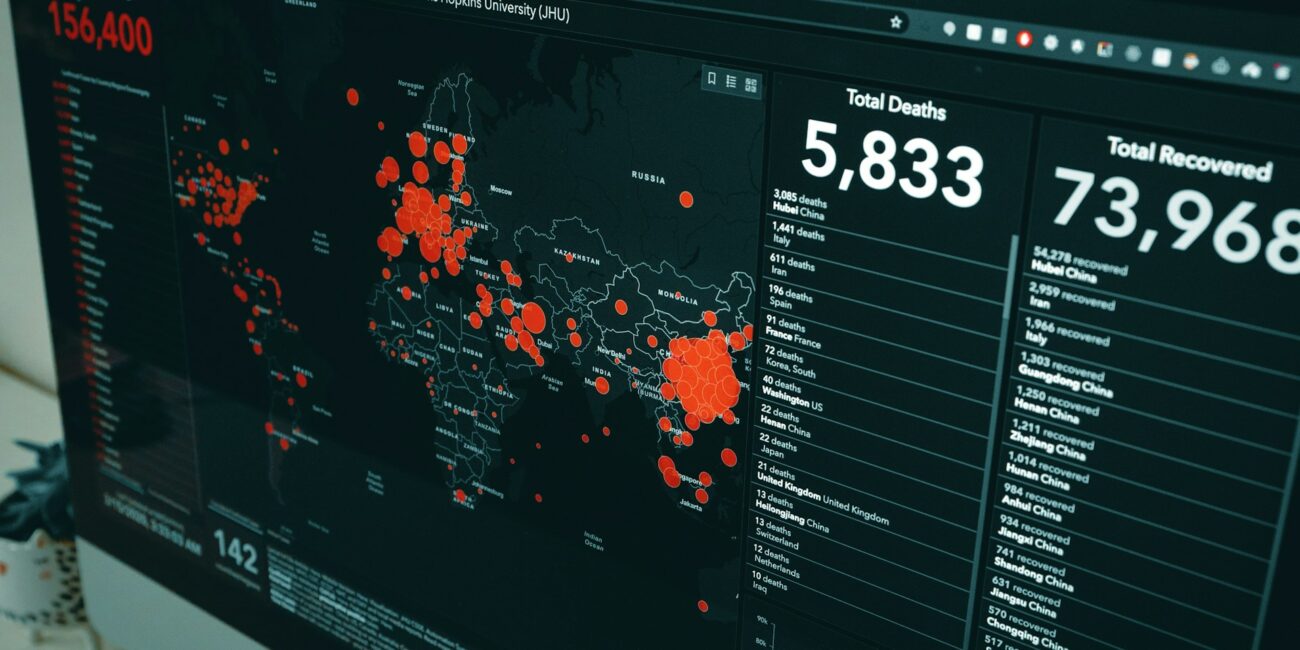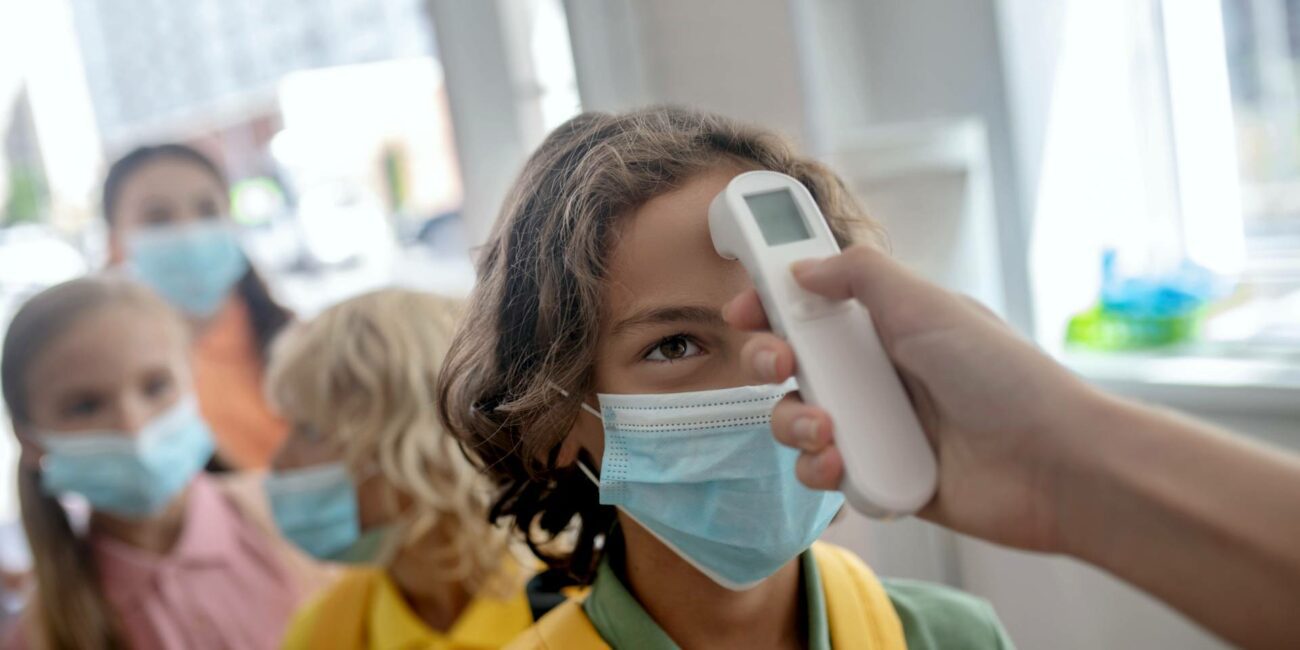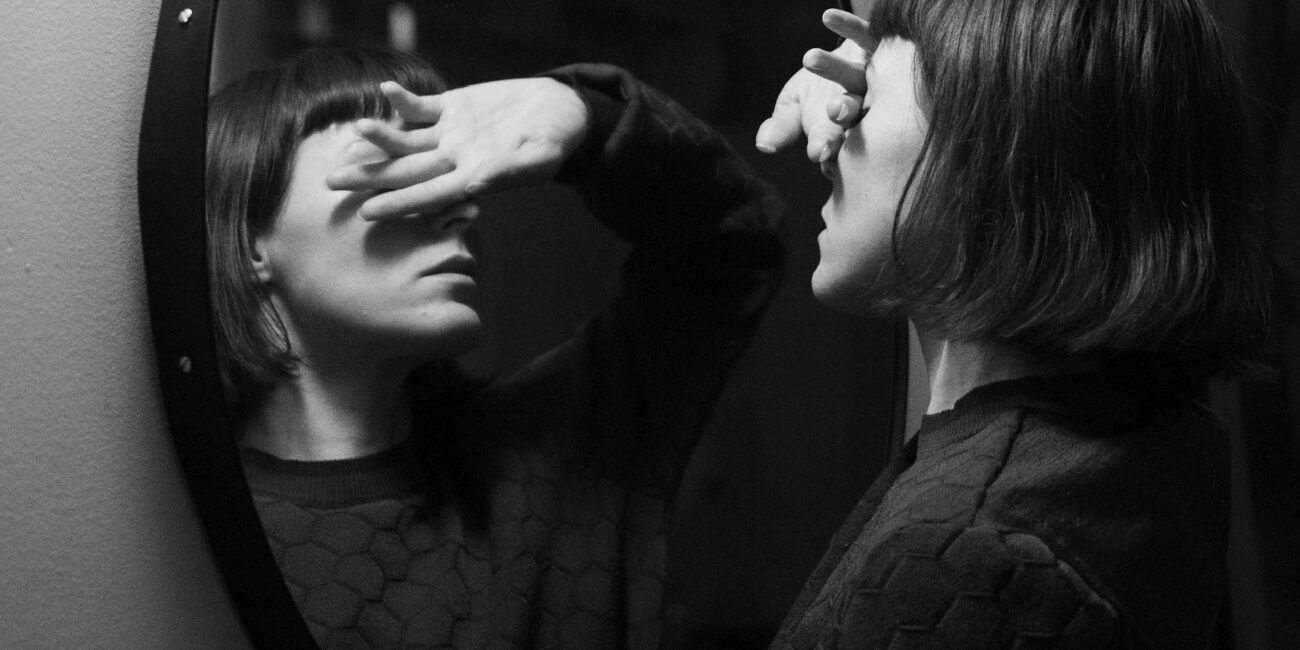by Todd Hayen, PhD
You don’t have to be spiritual to understand unity consciousness—you are conscious of your human unity whenever you talk to a friend, look at a new-born baby, cry at a movie, hug a loved one or make love. You are even aware of unity when you walk down the street and smile at a stranger, shake hands with a business associate or jump out of your seat cheering at a sporting event when your team advances a point. You are aware of your unity with nature when you watch a sunset, take a walk in the woods, hug your dog or pet your cat, or feel the adrenaline surge through your body navigating a kayak through the rapids of a raging river.
Unity consciousness occurs when you are consciously tuned into being human—integrating with the world around you. Humanity is partly defined by the relationship you have with other humans, sharing the rituals of life: weddings, group activities, worship in congregation, funerals and other purely human activities—touching, loving, hugging, cueing in on subtle facial expressions, experiencing life’s riches gathered with those you love—or even with people you don’t know. Everyone, in these examples, is human. We all share that.
Is this important? It is vitally important, so important in fact, that I believe we would perish if we didn’t have a fair dose of “unity awareness” every day. The worst form of punishment imaginable, short of intense physical torture, is solitary confinement. Humans don’t do well in isolation—any form of it, if it is forced.
Humans need human interaction: touch, smiles, hugs. They also need to feel safe around others and free to be who they are. Even in our modern culture, which has developed an unnatural fear of the “other”, we have learned that a welcoming smile from a stranger is a sign of friendliness. We don’t fear shaking hands or hugging and kissing a stranger if the setting is right. These are not just tribal customs, they are essential to our emotional and psychological health. Humans are designed to touch and stroke, skin to skin. We may not be quite as chummy these days in our steel, glass and concrete environment, but we have learned to compensate, at least partially, for this lack of intimacy through collective cultural experiences. Essentially the need for this deep physical intimacy is in our DNA.
This is far more important than it may seem. What Is happening in our COVID world today appears to be a deliberate removal by authority of the very things that make us human beings and not merely flesh and blood chattel. Science has shown there is very little, if any, reason to use masks, social distancing and lockdowns to mitigate the effects of a relatively typical viral presence. We are, very possibly, experiencing a psychological operation that will render us less defiant, less willing to make a fuss and more compliant with whatever is demanded of us. Anyone who has read George Orwell’s “1984” or seen the film version will see what the extreme version of a compliant culture looks like. The people in Orwell’s dystopia are essentially stripped of their humanity. They do not relate to one another in any physical way, the expression of love is strictly forbidden, and they are continuously updated by the ubiquitous, invisible announcer on the progress of the never-ending war raging in some “invisible” land—remote enough that all information about it can easily be controlled by the “party”.
Sound familiar? Although the dystopian nightmare of Orwell’s “1984” with its “thought police”, “Big Brother” and “newspeak” is almost a cliché, the similarities to our invisible war against COVID-19 and the never-ending news-cycle about the virus emanating from computers and smart-phone screens is just too similar to ignore.
Most people seem to believe in the hyped-up dangers of this war against the formidable, invisible enemy called SARS-CoV-2. Most seem to believe the sanctions are designed to protect us and others from the ravages of a disease that has a high likelihood of killing us and those we love. Most seem to believe that anyone is capable of spreading the disease, and although it is contrary to virology, most seem to believe this virus can most likely kill if transmitted by a person who appears perfectly healthy and symptom-free. Yet global statistics show the virus not to be as formidable as the media says it is. There is clear evidence that the PCR tests, which are responsible for the high number of “cases” we are frightened with every day, are indeed faulty or not fit for purpose.
We willingly drink the poisoned Kool-Aid, believing it is necessary to stay alive. Yet the Kool-Aid itself—the mask wearing, the social distancing, the lockdowns and isolation from our families, our friends and the human race in general—is slowly killing us. Not only in quantifiable ways such as depression and suicide, which have both have skyrocketed worldwide since the beginning of the pandemic, but in other deadly ways—deadly to our very souls. We are losing some of our most precious ways of being aware of our unity and humanity; we are becoming, slowly, like the people in Orwell’s dystopia. And only very few realise that this is happening.
What value do we place on the joy and soul-nourishing we experience when we hold a new-born baby, walk on the beach with a soul-mate, hug a friend who has had a tough day, shake the hand of a business associate accompanied by a broad smile you can both appreciate? What value do we place on gatherings with family and friends, hearing and feeling spontaneous outbursts of laughter, sitting communally with fellow human beings at a sporting event, a ballet, a play or a musical. What value do we put on sitting by a loved one’s side in the hospital? Attending a funeral? A wedding? Watching children play in the park? What value do we place on any of these human experiences? Playing, shopping, worshipping, dining, simply living. Never before, even during the most horrendous wars and world calamities, have we been mandated by our governments to relinquish our very humanness through a lack of connection with others—by covering our faces, keeping our distance and not behaving as humans have behaved for millennia. And for what? To mitigate a disease we have a 98% chance of surviving?
One of the most famous quotes Orwell gives us in “1984” is, “It’s not so much staying alive, it’s staying human that is important.” In this case we can do both if we wake up and pay attention. The tragedy is that we do not seem to be doing either.
Photo by Andrea Piacquadio from Pexels
Todd is a practicing psychotherapist in Toronto, Canada. He writes and lectures about various topics including parapsychology, the psychology of creativity, ancient Egypt and sacred science, and transformative psychology. His psychotherapy training is steeped in the tradition of archetypal psychology as pioneered by Carl Jung. He holds a PhD in Depth Psychology with an emphasis on psychotherapy, an MA in Consciousness Studies and a diploma in psychical research.




